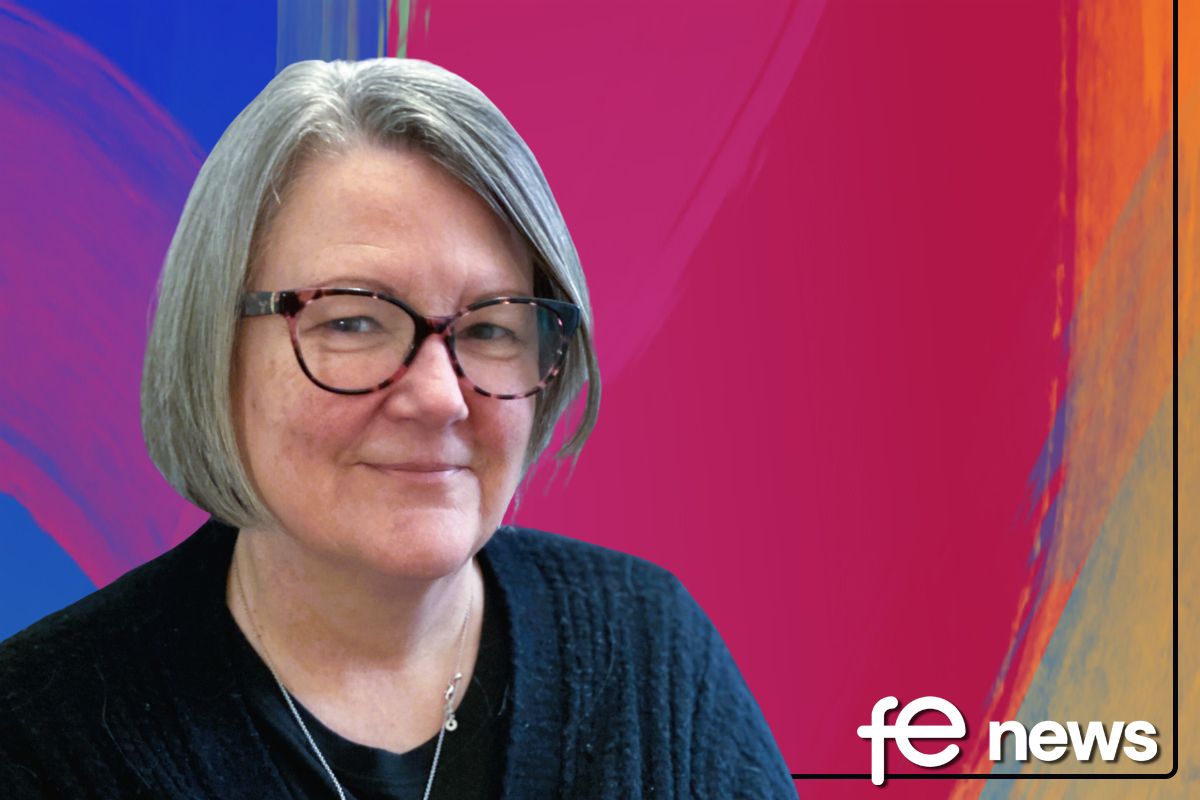I’ll let you be in my dreams if I can be in yours

According to Gilles Deleuze ‘Si vous étes pris dans le réve de l’autre, vous étez foutou’ (‘If you are caught in the dream of the other, then you’re f*****!’ – this can also be interpreted as ‘You’re lost’, though Deleuze intended the first). Dreams of a better world, for you and me, for the community around us, for the world in general, have long been part of the enticement to education. Yet, Deleuze’s warning also rings clear if we take it in relation to adult, further and higher education. Whose dream are we talking about if all the directions we are taking are based on the state, the economy and a narrowing of what is included and who decides?
My own interest in technology and education has formed from an appreciation that dreams, or le réve, continue to play an essential role in education as the means of motivating participation, engagement and practice but that the impulse behind many uses of ‘dream’ and aspiration indicate very different ideas of future worlds. I have been labelled a dreamer myself, and while recognising that as a positive, it must also be seen as something that indicates possibility above reverie without substance. So, what of dreams?
Initially, MOOCs seemed to suggest a space for dreams, of aspirations and radical difference in who teaches, who learns and what is considered knowledge. Largely, these ideas have been cut off and labelled a secondary, minor avenue of connectivist MOOCs while the universities have built institutionally dominated models of learning. The radical possibilities are now contained in relatively minor shifts in pedagogical practice. The same people hold the expertise; the same knowledge dominates. The ‘Other’ becomes the students, still labelled as such, and while all are invited in to institutional practice, our role remains that of the minor player in a university-driven space.
In response, we have created COOCs (community Open Online Courses), a model that begins with people, and tries as much as possible to remove the predetermination of knowledge as an institutionally set thing; instead, whatever a community (including a burgeoning community of one!) considers worthwhile can become the focus of learning.
Beginning with an ethos of Popular Education, COOCS is based on Freirean principles of people deciding what they need to learn and forming that that through active refection on their world. It is a practice based on awareness, and a resistance to simplified notions of education being what they do in the School/ College/ University.
The dream of Freire is idealised in ‘hope’, either as pedagogy or ontology, but as a notion that hope is something tangible as it helps us develop patterns for a better world. So, while COOCs suggests knowledge comes from anywhere, it must also follow that who teaches, and who learns must be similarly open. The design of COOCS as a learning platform gives everyone who signs up the ability to create courses, as well as join the courses others have made. What courses are can be decided by the individual, the community, the interest group that creates them.
Excited by the idea of ‘people-yet-to come’ that Deleuze suggests, we are making COOCs collectively with no set plan, other than an acceptance that we can all be equally involved. Meaning, practice, design and communication are open to change, to play and to creativity. It has no funding; it will not blow you away with technical wizardry; COOCs will not make your life complete. There is no guarantee that you will get rich, lose wrinkles, gain muscle or experience elation. COOCs asks for mutual responsibility to the education of us all by suggesting that it is something that we cannot leave to a small, narrow group of educators and a demographically narrow group of people labelled ‘students’.
COOCs is not instead of the institution, it is as well as the institution. The development of COOCs is only part of a wider approach to education that suggests learning might be:
- not yet complete – and that we are all a part of deciding what is created
- based on a blend of production & consumption
- based on an idea that teachers and students are interchangeable, transcendent terms, and institutions are only ever a part of the answer
- equal and inclusive by design not by some ‘radical’ notion that non-institutional is rich and diverse as if some exotic ‘other’ that must be granted acceptance from an expert-driven centre
- critically engaging spaces that question not only how things are taught, but who is teaching, what is being taught and why those choices are being made
- deep and responsive to context rather than purely based in institutional models of ‘deep learning’ that prioritise a narrow set of skills and knowledge
- transformative in real and lived ways and not only in safe pedagogical transformation of techniques and practices that remain rooted in existing hierarchies.
- collaborative and allowing for a synergy between community and institution, between our lived lives and formal learning lives, that helps develop both
- FREE, not only in no cost, but also not seeking markets, free of external, pre-determined codes of practice, free of expected outcomes and free of choice in when and how to participate.
- able to generate a space that offers an alternative to the institutional, that can work alongside the essential public funded spaces to involve everyone on their own terms
- open to accepting that People-yet-to-come can be a becoming that we all create collectively and not something handed down by others
Deleuze offered a powerful enough evocation of what happen if we surrender our dreams for those of the Other. I’ll encourage you to come and use COOCs through the words of Bob Dylan, ‘I’ll let you be in my dreams if I can be in yours’.
Peter Shukie is a lecturer in education studies in the University Centre at Blackburn College, PhD Candidate at Lancaster University, and Co-Creating Dreamer of COOCs











Responses